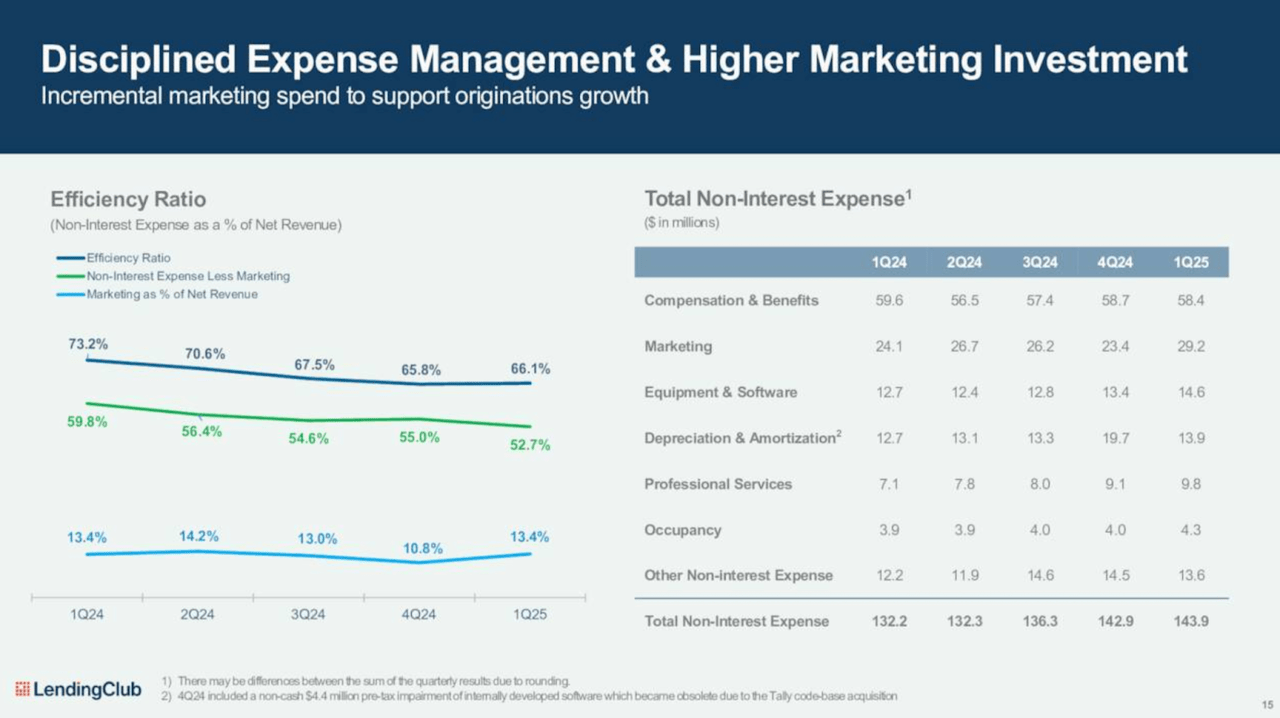Southeast Asia's Green Finance Slowdown: Greenwashing Fears and Geopolitical Uncertainty

Southeast Asia's Green Finance Faces Headwinds in Early 2025
Singapore - The sustainable finance sector in Southeast Asia experienced a significant slowdown in the first quarter of 2025. Proceeds from environmental, social, and governance (ESG)-labelled debt instruments saw a sharp decline, reflecting a growing sense of caution among both companies and investors. This downturn isn't solely attributable to economic factors; concerns surrounding 'greenwashing' – the practice of misleadingly promoting environmental benefits – are playing a crucial role, coupled with broader geopolitical tensions impacting regional stability.
The Rise of Greenwashing Concerns
For years, ESG investing has enjoyed robust growth, fuelled by increasing awareness of climate change and a desire for socially responsible investments. However, recent scrutiny has exposed instances of companies exaggerating or outright fabricating their environmental credentials. This has led to a wave of skepticism, with investors demanding greater transparency and accountability. Regulators are also stepping up efforts to combat greenwashing, introducing stricter reporting requirements and enforcement actions.
In Southeast Asia, the rapid growth of the green finance market has unfortunately created fertile ground for greenwashing. The lack of standardized definitions and robust verification processes has allowed some companies to make unsubstantiated claims, eroding investor trust. The increased awareness and vigilance from investors are now forcing companies to substantiate their ESG claims with tangible evidence and verifiable data.
Geopolitical Uncertainty Adds to the Mix
Beyond greenwashing concerns, geopolitical tensions are also contributing to the slowdown. Rising trade disputes, regional conflicts, and shifting political landscapes create uncertainty and discourage investment. Investors are hesitant to commit capital to projects in regions perceived as high-risk, further dampening the demand for ESG-labelled debt.
Impact on Sustainable Development Goals
The slowdown in green finance poses a significant challenge to Southeast Asia's efforts to achieve the Sustainable Development Goals (SDGs). These funds are critical for financing projects related to renewable energy, climate resilience, and social inclusion. A decline in investment could hinder progress towards these vital objectives.
Looking Ahead: Restoring Trust and Driving Sustainable Growth
To revitalize the green finance market in Southeast Asia, several key steps are needed:
- Enhanced Regulation: Stricter regulations and enforcement mechanisms are essential to combat greenwashing and ensure the integrity of ESG claims.
- Standardized Reporting: Adopting standardized reporting frameworks, such as the International Sustainability Standards Board (ISSB) standards, will improve comparability and transparency.
- Independent Verification: Promoting independent verification of ESG data will build investor confidence and reduce the risk of greenwashing.
- Investor Education: Educating investors about the risks and opportunities associated with ESG investing will empower them to make informed decisions.
- Regional Collaboration: Greater collaboration among Southeast Asian countries on green finance policies and standards will create a more harmonized and attractive investment environment.
While the first quarter of 2025 presented challenges for Southeast Asia's green finance sector, it also serves as a wake-up call. By addressing the concerns surrounding greenwashing and navigating geopolitical uncertainties, the region can lay the foundation for a more sustainable and resilient financial future.






